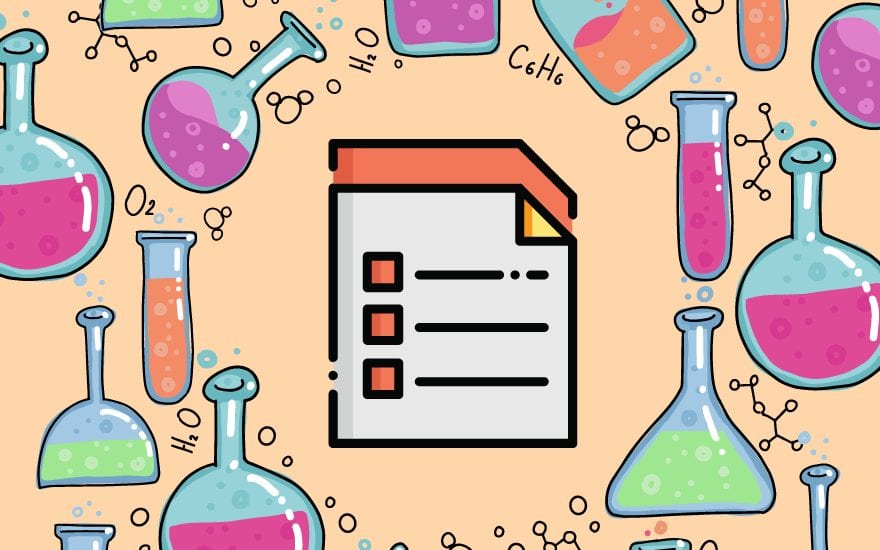B.Sc Chemistry Program

A Gateway to Professional Success
The Bachelor of Science (BSc) in Chemistry is a three-year undergraduate program that provides a comprehensive understanding of the fundamental principles of chemistry. This course is designed to equip students with theoretical knowledge and practical skills in the study of matter, chemical reactions, and the molecular interactions that govern natural and synthetic processes. Chemistry is often called the "central science" because it bridges other natural sciences such as physics, biology, environmental science, and material science.
Program Focus
- Core Areas of Chemistry: Organic, inorganic, physical, and analytical chemistry.
- Practical Applications: Extensive laboratory work fosters hands-on experience with instruments and techniques.
- Interdisciplinary Learning: Chemistry has applications in areas such as biotechnology, pharmaceuticals, environmental studies, and nanotechnology.
The BSc Chemistry program builds a solid foundation in fundamental concepts during the initial years, while the final year allows for specialization in emerging fields of chemistry. Students also develop analytical, problem-solving, and research skills, preparing them for a range of careers or further study.
Objectives of the Program
A degree in chemistry opens doors to various opportunities in academia, industry, healthcare, environment, and research, making it a valuable and versatile choice for students interested in science.
- To impart comprehensive knowledge of chemical principles and their practical relevance.
- To develop skills in laboratory techniques and data analysis.
- To encourage critical thinking and scientific inquiry.
- To foster an understanding of the real-world applications of chemistry in industry, health, and environmental sectors.
- To prepare students for advanced studies or employment in scientific research, chemical industries, or education.
Career Opportunities after BSc Chemistry
- Chemical Industry: Work in pharmaceuticals, polymers, petrochemicals, or cosmetics.
- Research and Development (R&D): In research institutions or companies.
- Analytical Chemistry: Roles in laboratories (forensics, quality control).
- Teaching or Academics: Becoming a science teacher or lecturer.
- Further Studies: Pursue postgraduate degrees like an MSc, PhD, or switch to related fields (e.g., environmental science or toxicology).
